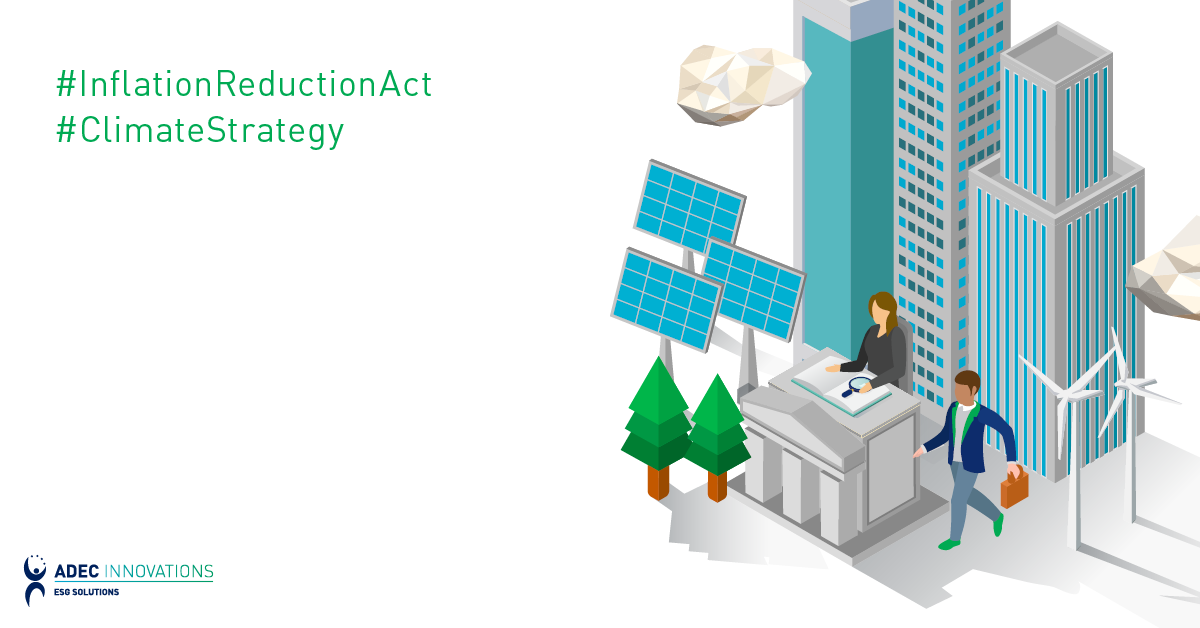In our February 2016 issue of Greenwatch, we discussed how information and communications technology (ICT) was essential in achieving the Sustainable Development Goals (SDGs) by 2030. We reported the overwhelming conclusion that the SDGs can only be realized with greater progress in the speed, degree and equality of development in ICT. This progress in ICT can lead to acceleration in meeting targets in key areas such as financial inclusion, education, health, energy, and climate change. In this article, we will continue by looking at ICT’s role in accelerating progress in health, energy, and climate change.
Health
The issue of public health is encapsulated in SDG 3 — “ensure healthy lives and promote well-being for all at all ages.” Almost all the other SDGs in one way or another require progress in public health or well-being for their success.
What can ICT offer?
- An innovative and effective means to maximize healthcare resources and deliver high-quality services at a lower cost.
- Improvements in the quality, efficiency, and costs of healthcare through health information technology.
- Interconnectivity and efficient information flow between parts of the healthcare system.
- Interconnected national databases that are crucial to improving healthcare delivery in remote and rural areas.
- Quality data leading to better practices in health treatment.
- Reduced costs and improved efficiencies.
- Primary healthcare knowledge and self-assessment tools for patients.
- Efficient disease surveillance and reporting systems that mitigate the impact of outbreaks.
Energy and climate change
SDG7 — to “ensure access to affordable, reliable, sustainable and modern energy for all”— recognizes that universal access to sustainable energy and the de-carbonization of energy consumption are indispensable aspects of progress in sustainable development. On the other hand, SDG 13 calls for taking urgent action to combat climate change and its impacts.
What can ICT do?
- ICT helps to catalyze new business models for improving energy access and delivery, and promoting the uptake of renewables. Examples include mini-grid installations and real-time measurement and control to help manage variables such as intermittent wind speed, solar radiation, and water flow.
- ICT helps raise awareness and promote behavioral change among consumers towards efficient energy use.
- ICT helps industrial sectors reduce their environmental impact and GHG emissions through energy efficiency innovations such as intelligent sensors, smart metering, and smart grid communications.
- ICT helps to transform the energy sector and pave the way for a low-carbon economy through synergies across different ICT technologies: sensing and control, automation of processes, energy storage, renewable energy generation, and others.
Many initiatives, such as the Broadband Commission on Sustainable Development, the US Global Connect Initiative, the World Economic Forum Internet for All and the Alliance for Affordable Internet, point to the importance of ICT in sustainable development. For ICT to accelerate sustainable progress, urgent government action and policy reform is needed to close the digital gap first. If we are to achieve sustainable development in sectors such as health and energy, connecting the 300 million unconnected people will be a fundamental ICT priority in the years to come.
ADEC ESG helps organizations recognize business drivers for sustainability practices. To stay current on global sustainability issues, subscribe to our monthly newsletter, GreenWatch.




